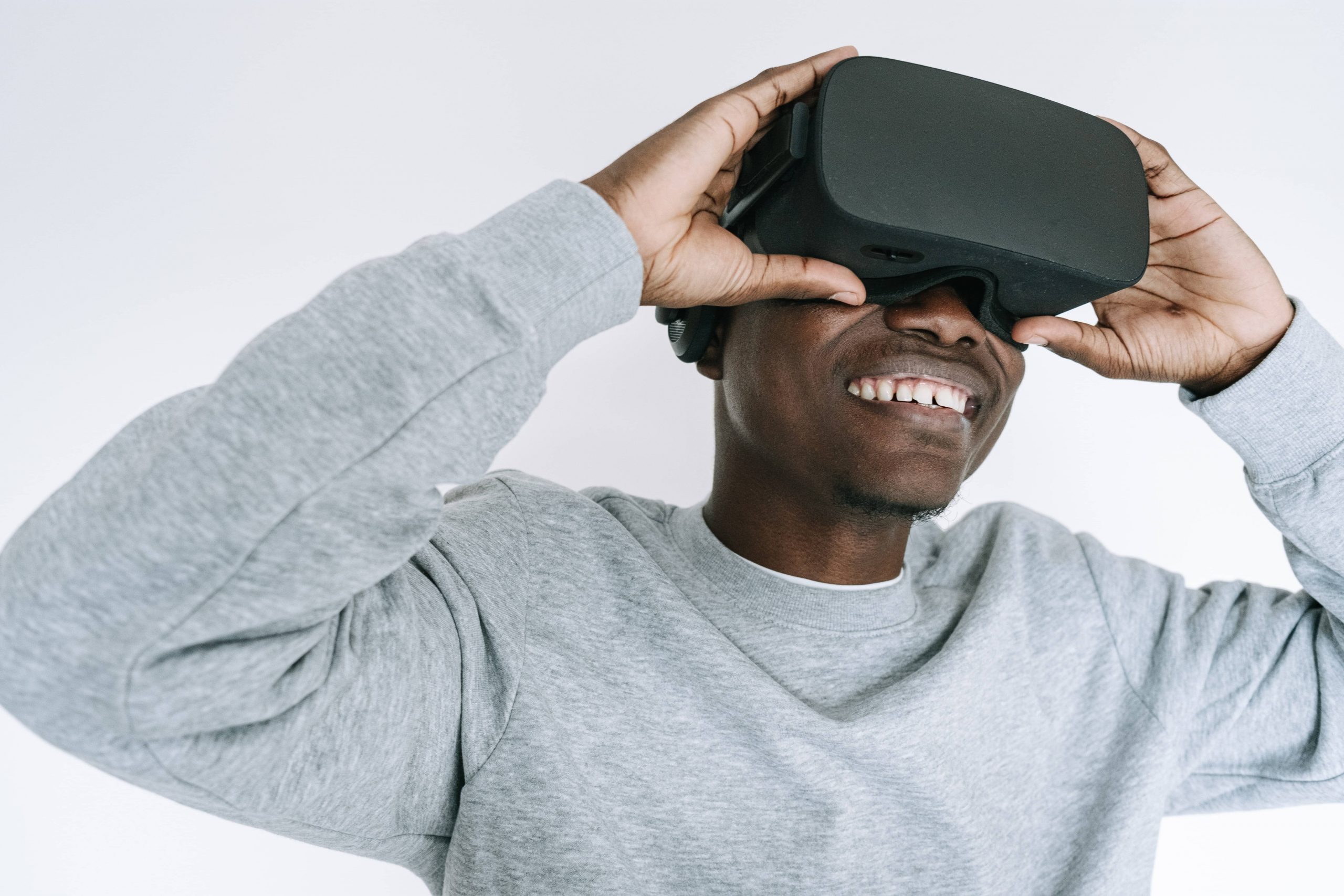Technology is evolving very quickly and the isolation conditions due to the COVID-19 pandemic have accelerated the pace. Therefore, many fields of employment are updating their ways of doing things in order to turn to digital technology. By conducting a strategic market watch, the CFP de la Baie-James is keeping abreast of new practices in the areas where they offer training. In fact, a virtual symposium offered by the Institut national des mines allowed them to discuss the relevance of training that is well adapted to new realities. Aimed primarily at people working in Quebec’s educational institutions, the symposium presented the main distinctive features of a 4.0 training program that is aligned with the new realities of smart mining development, as well as the new skills to be acquired to promote industry competitiveness. In this context, virtual reality allows students to become familiar with digital technology and to integrate these new practices into their professional development.
On another note, many areas of study in the health sector require practice and role-playing among learners. For example, in a scenario developed in collaboration between the CFP de la Baie-James and the Etherlab team, the learner must recognize a risky situation and distinguish between signs of dependency, abuse and neglect. The learner must then transmit the necessary information to the nurse and adopt the essential attitudes for good communication and the development of a helping relationship. Before the use of immersive training, it was difficult to present a simulation that was representative of reality. This new pedagogical tool allowed learners to be faced with a difficult scenario in order to be better prepared for the job market. In addition, these virtual reality scenarios standardize learning from student to student while allowing for a simulation that borders on realism.
" It's important to keep up to date in order to stand out from other educational institutions... We put a lot of emphasis on our immersive learning techniques. This allows us to have an excellent enrolment rate in our programs and to have 80% of our students come from outside the region. "
Luc Letendre
" Students studying in the health field will have to work alone most of the time. Virtual reality allows us to provide them with scenarios that reflect the daily life of their practice and allows them to make the right decisions. Conventional training would not have allowed us to do this type of simulation. You often have to experience it to fully understand it. "
Luc Letendre


